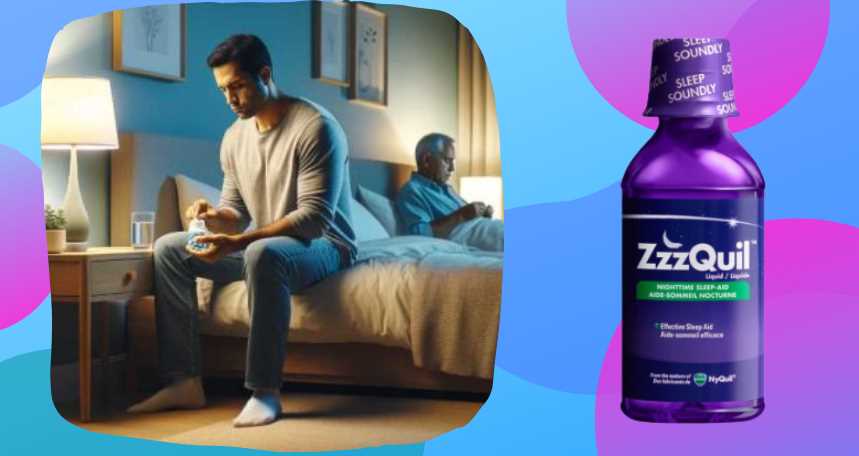Are Any Sleep Aids Safe During Pregnancy? Sleep Solutions for Expecting Moms
Are any sleep aids safe during pregnancy? Yes, some sleep aids are safe during pregnancy, but it’s important to consult ...
Read moreCan Sleep Aids Cause Insomnia: Unraveling the Hidden Side Effects
Can sleep aids cause insomnia? Yes, sleep aids can cause insomnia due to their potential side effects and addictive nature. ...
Read moreCan You Take a Sleep Aid While Taking Phentermine? Safety Tips Explained
Can you take a sleep aid while taking phentermine? Yes, taking a sleep aid while taking Phentermine is generally safe. ...
Read moreCan You Take Sleep Aid With Prednisone: Boost Your Rest with Safe Medication Combination
Can you take sleep aid with prednisone? Yes, you can take a sleep aid with prednisone. Prednisone is a corticosteroid ...
Read moreHow to Avoid Sleep Paralysis | Causes and Types of Sleep Paralysis

While sleeping, if you suddenly think that you are awake and everything in your body seems to be asleep, and ...
Read more